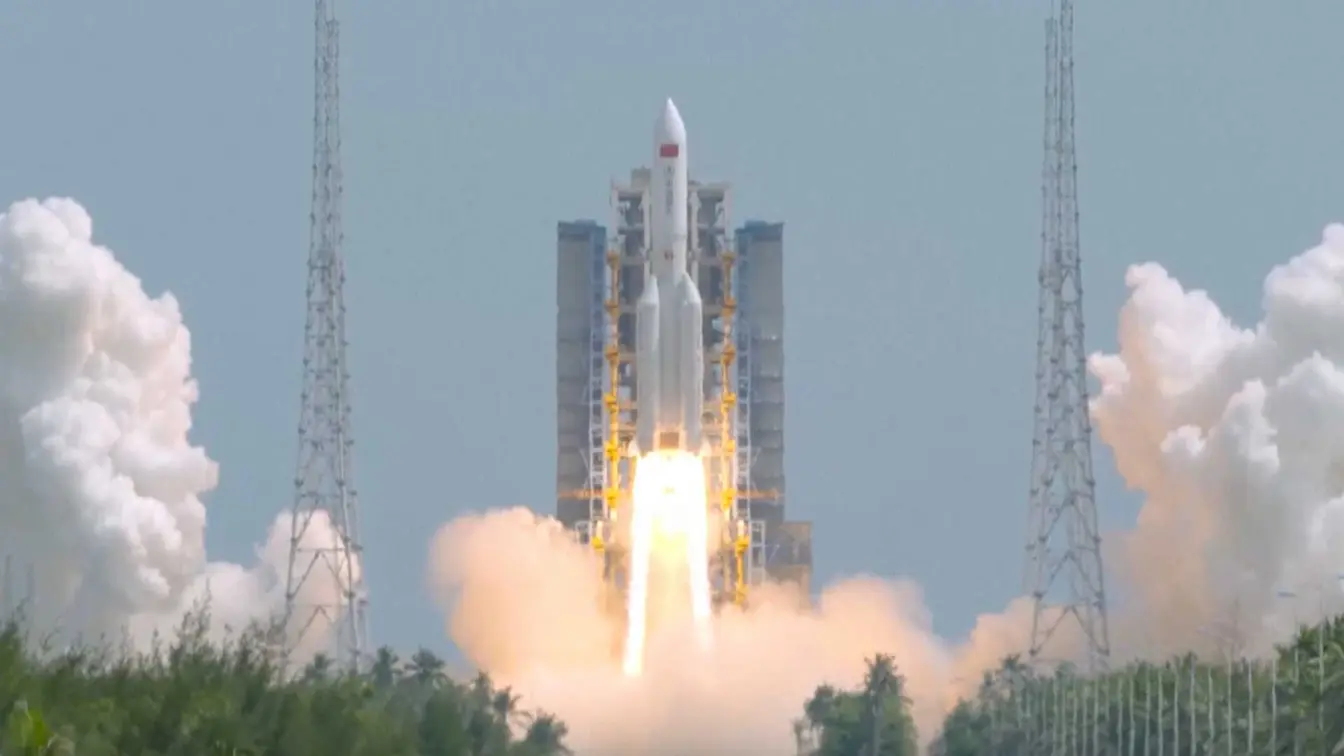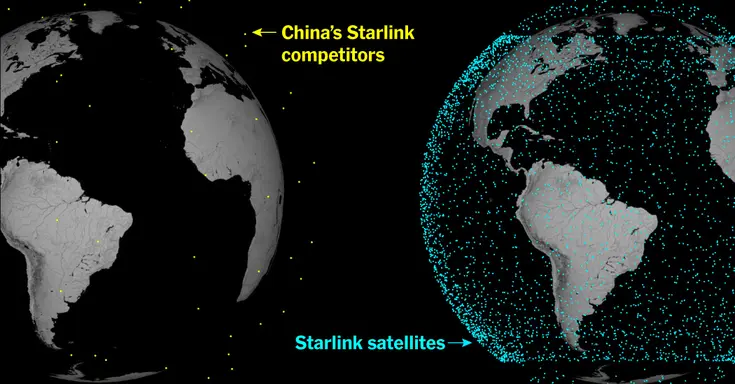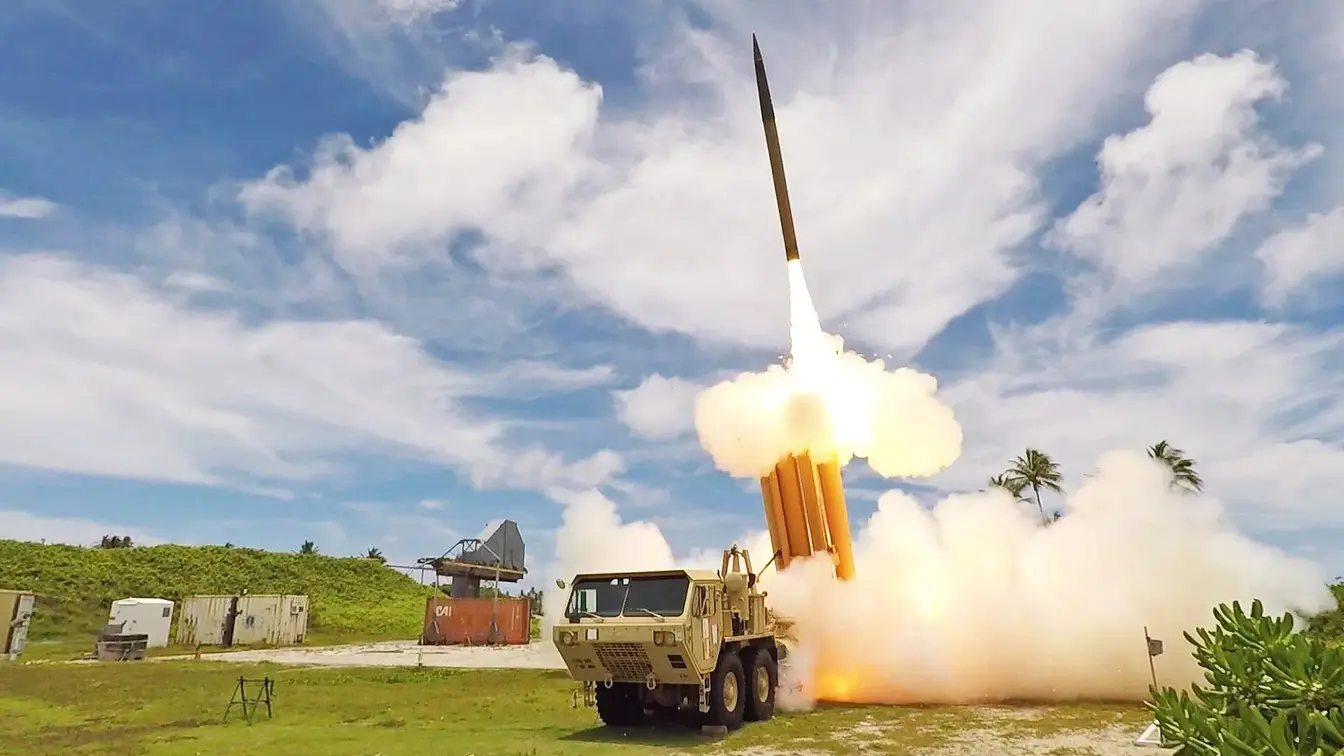T4K3.news
China launches eighth Guowang batch
A Long March 5B lifts off from Wenchang with eight to ten satellites for China's Guowang network.

China continues building the Guowang broadband network by launching its eighth batch of satellites.
China expands Guowang satellite network with eighth batch
China launched the eighth batch of satellites for its Guowang broadband network on Wednesday from Wenchang, Hainan. A Long March 5B rocket carried eight to ten satellites into low Earth orbit, marking the fourth Guowang launch in less than three weeks. The network, run by the state firm China Satnet, aims to grow into a global internet service with as many as 13,000 satellites, a target still far from reach.
The mission illustrates a steady push by Beijing to expand national space assets. Guowang is one part of a broader program that includes a second Chinese megaconstellation called Qianfan, and it is often compared with SpaceX aStarlink system. SpaceX currently operates around 8,100 satellites, while Guowang remains years away from a similar scale. The launch was described as a complete success by the state-backed CASC.
Key Takeaways
"Space is becoming a new arena for national influence"
Geopolitical lens on megaconstellations
"Pace matters as much as reach"
Editorial note on launch cadence
"If 13,000 satellites materialize the online world will feel the orbiting hand of a state"
Implication of scale for control
"Guowang is built to be more than a service it is a strategic asset"
Strategic framing of the network
The rapid cadence signals a strategic bet on digital sovereignty and national security. A state led megaconstellation ties internet access to national infrastructure, which could shift how online services are governed and funded. The pace also raises questions about space traffic management, orbital debris, and the long term costs of maintaining such a system. For observers, the move underscores how space is becoming a core element of national strategy rather than a purely scientific frontier.
Internationally, the push heightens competition with SpaceX and other providers, inviting policy scrutiny and debates over data control, export rules, and how benefits are shared or restricted. For users, the outcome could mean broader access but with new layers of state oversight and pricing. The next steps will test how space policy, commerce, and diplomacy intersect as more actors pursue orbit based internet.
Highlights
- Space is becoming a new arena for national influence
- Pace matters as much as reach
- If 13,000 satellites materialize the online world will feel the orbiting hand of a state
- Guowang is built to be more than a service it is a strategic asset
Geopolitical and technical risks around large satellite networks
Megaconstellations raise space safety, policy, and budget questions. Debris and traffic management pose safety risks, while state control raises concerns about privacy, international response, and potential backlash. The financial commitment is substantial and could attract scrutiny from investors and taxpayers.
Space plans advance as nations test how far orbit can shape online life.
Enjoyed this? Let your friends know!
Related News

Ariane 6 completes third flight

China Falls Behind SpaceX in Satellite Launches

U.S. military depletes THAAD interceptors during Israel-Iran conflict

Australia selects Japan's Mogami frigate for naval upgrade

U.S. military X-37B spaceplane set for eighth mission

NASA plans to send nuclear reactor to the moon by 2030

How to Train Your Dragon opens to $198 million

Tesla Starts Production of Affordable Model for 2025 Launch
